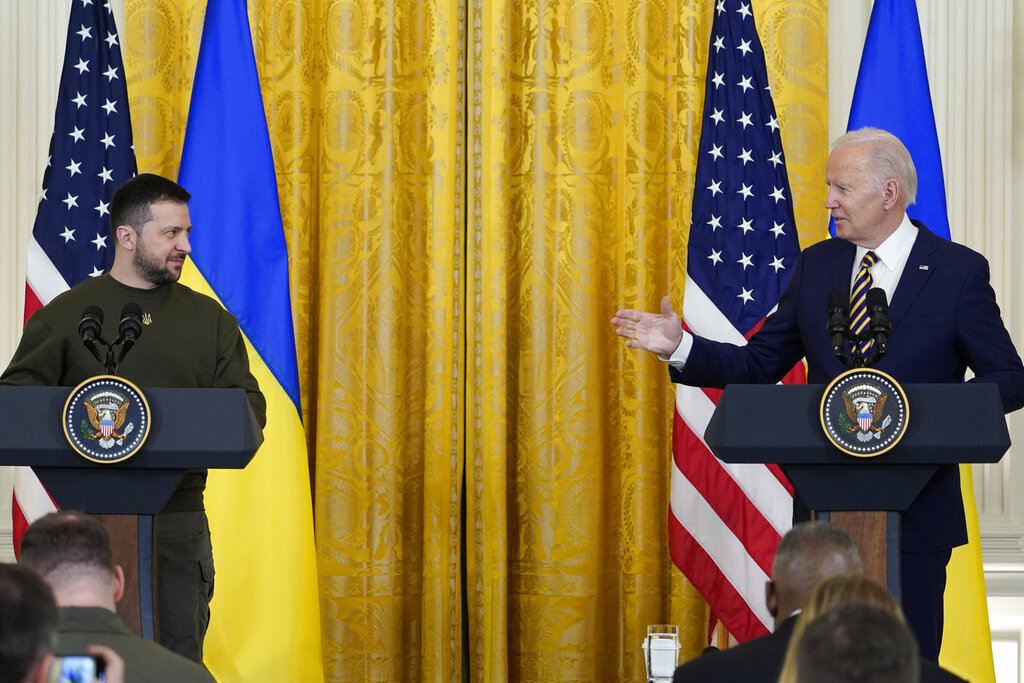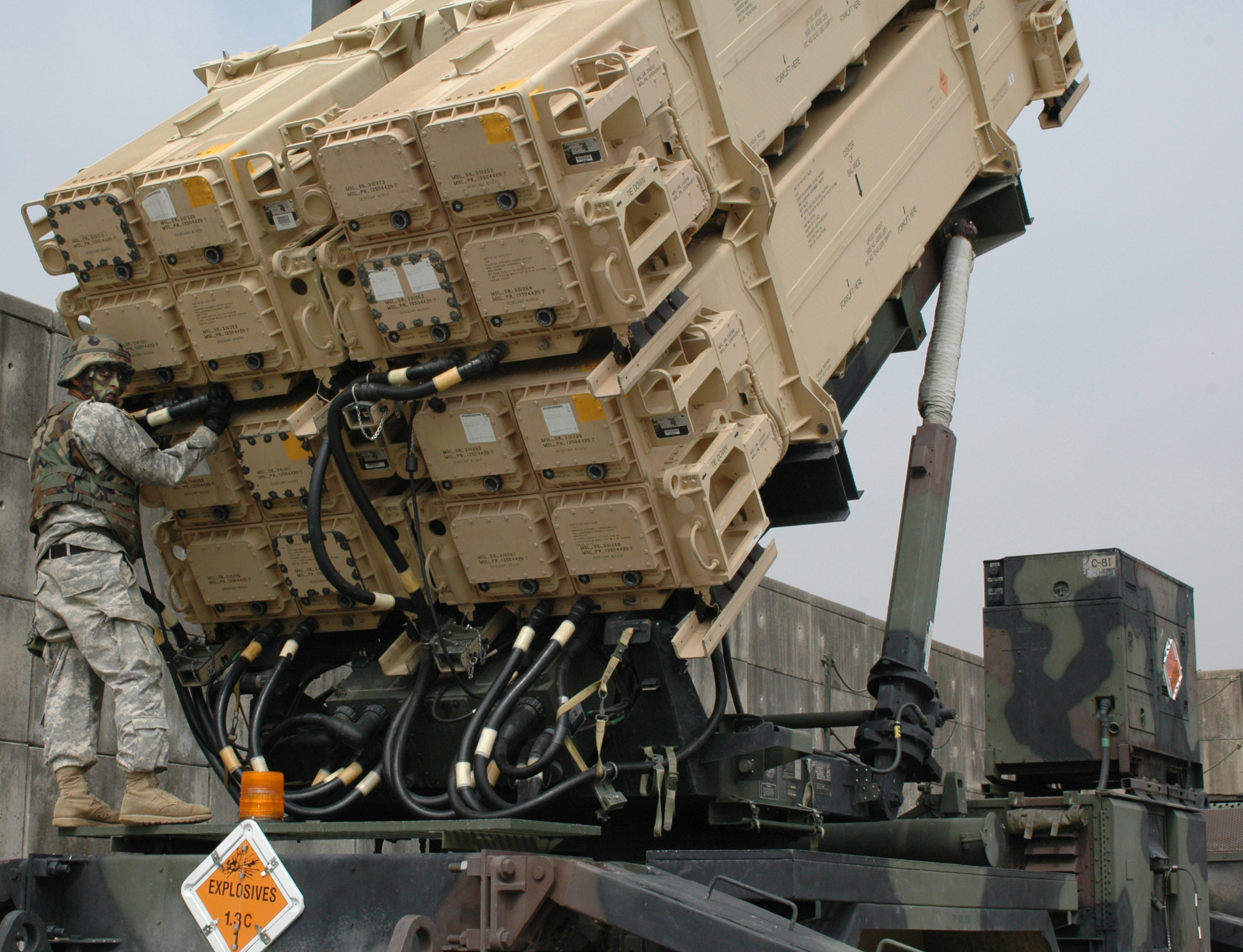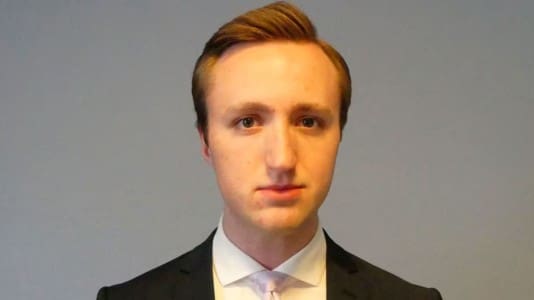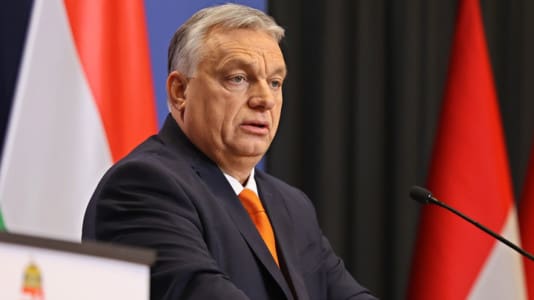Timed to coincide with Ukrainian President Volodymir Zelensky’s first visit abroad since his country was invaded by Russia, U.S. Secretary of State Antony Blinken announced that the U.S. will provide Ukraine with Patriot missiles, its most sophisticated air defense system.
“Today’s aid package includes for the first time the Patriot air defense system, capable of shooting down cruise missiles, short-range ballistic missiles and aircraft at an altitude far beyond the reach of defense systems that have been provided to date,” said Secretary of State Antony Blinken in a statement.
The Patriot air defense system is part of a new $1.85 billion military assistance package. Of this, $1 billion is earmarked to provide Ukraine with “expanded air defense and precision strike capabilities,” and €850 million will be used for security assistance.

Zelensky previously said his visit to the U.S. was aimed at strengthening Ukraine’s “resilience and defense capabilities” in the face of repeated Russian missile and drone attacks on the electricity and water supply network in the middle of winter.
The U.S. announcement was made on the same day that President Vladimir Putin unveiled Russia’s military strategy for 2023. Russian Defense Minister Sergei Shigu said it was “necessary” to increase the size of the army and raise the age limit for military service.
Russia has warned that it will see the Patriot missile systems as legitimate military targets and has threatened to strike them. However, it made similar threats regarding the HIMARS systems currently deployed in Ukraine, and to date, there is no confirmed account that Russia has managed to destroy a single system.
Although the Patriot missile systems are expected to be highly effective in Ukraine, there are also concerns that they will be expending significant numbers of expensive guided missiles against far cheaper Russian missiles. At the same time, security experts indicate the U.S. has fears it does not have enough Patriot systems to effectively defend the Asia-Pacific region, especially if China were to invade Taiwan.
Meanwhile, in Europe, former Belgian prime minister and prominent leftist figure within the European Union, Guy Verhofstadt, expressed his dismay at Zelensky’s decision to make his first foreign trip to the United States and not Europe.
“Clearly we still haven’t solved the Kissinger question: Who to call when you need Europe… even for a country that wants to join!” Verhofstadt tweeted.
He was referring to a phrase attributed to famous U.S. diplomat Henry Kissinger, who supposedly said “Who do I call if I want to call Europe?”






